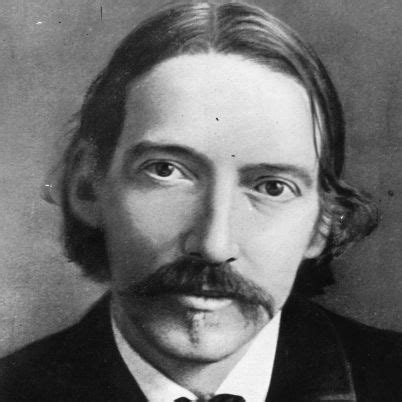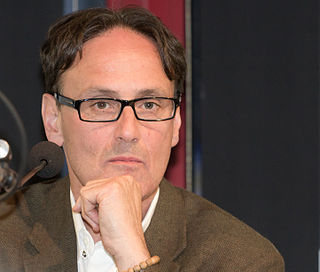A Quote by Rosabeth Moss Kanter
Pessimists see problems as stemming from stable and universal causes, thus making them less susceptible to corrective action. Optimists, in contrast, view problems as temporary and resulting from specific factors that will either change or be changed.
Related Quotes
The positive outlook that optimists project does not come from ignoring or denying problems. Optimists simply assume that problems are temporary and can be solved, so optimists naturally want more information about problems because then they can get to work and do something. Pessimists are more likely to believe that there is nothing they can do anyway, so what's the point of even thinking about it?
The defining characteristic of pessimists is that they tend to believe that bad events will last a long time, will undermine everything they do, and are their own fault. The optimists, who are confronted with the same hard knocks of this world, think about misfortune in the opposite way. They tend to believe that defeat is just a temporary setback or a challenge, that its causes are just confined to this one case.
Canadians know that the promise of a recession didn't happen because of anything we did here. If you look at all the causes of the recession, problems in mortgage markets, the problems in the banking sector, the problems in government finance in countries like Greece, none of those problems were in present Canada.
































